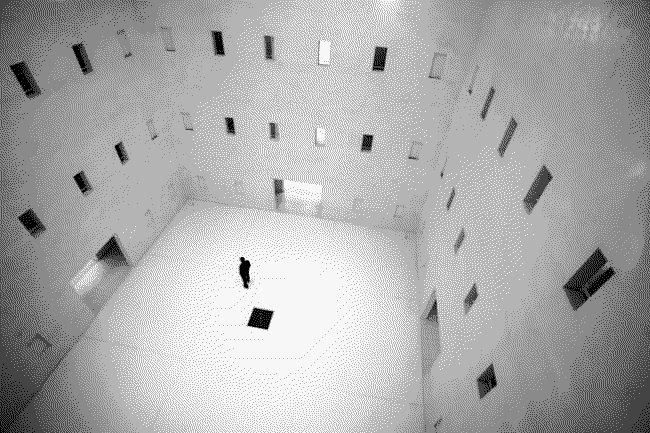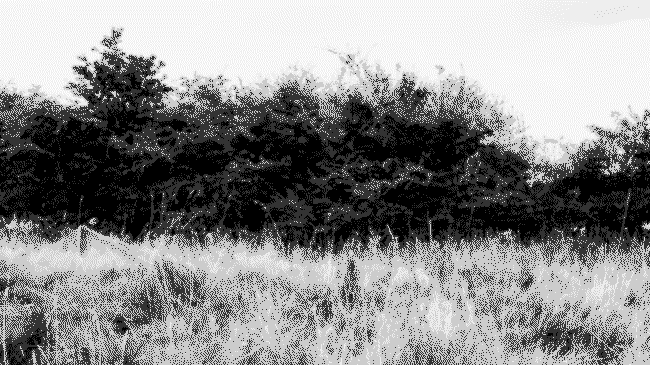Weeknote 37/2021

This was a shorter working week, as my wife and I went away (a week late) to celebrate our 18th wedding anniversary. We stayed, and were upgraded at, the Crowne Plaza in Newcastle. We both really like this hotel for its location, amenities, and comfort. We ate at The Muddler, which was good but not excellent; the service was slow and my vegetarian options mediocre compared to what Hannah had.
Still, we had an enjoyable time. It was slightly odd given the Great North Run happened last Sunday and the hotel was full of runners and their families. Still, as our upgraded room gave us access to the Club Lounge we were able to remain somewhat aloof.
This wasn’t my only trip. As with last week, I walked and camped on Friday night. This time, instead of being picked up, I walked a couple of hours on Friday night and then back on Saturday morning. It was pretty spectacular, especially now that I’ve got my Jetboil to make some Firepot meals.
I’m writing this with a sore shoulder. I wrote my last weeknote, and several before that also with a sore shoulder. It’s affected my sleep for the last couple of months, but it was only yesterday that I realised how I damaged it.
Sometimes at the gym I use the Smith machine to do squats. Back in late June, I accidentally placed three 20kg weights on one side, and one on the other (instead of two and two). I’m not exactly sure how I managed this, other than I must have been distracted listening to an audiobook. After a set of 10 squats, I realised my mistake, moved one of the weights to the other side, and continued.
After some research and conversations with people who know about these things, it seems I may have damaged my rotator cuff. So I’ve booked a physio appointment for the week after next. It’s frustrating knowing that I’ve caused the injury, as is reading this on the website I’ve linked to:
You can also have a combination of wear and tear with an injury, which is why shoulder injuries or pain can become more common over the age of 40.
Ah well. It could be worse.
Work this week has been mainly two streams of work for Julie’s Bicycle, one of which I can discuss publicly (the digital strategy stuff), and the other which WAO is working on with Outlandish. It’s fascinating working with organisations who are putting together a product team for the first time: Laura and I really enjoy the challenge.
Other than that we’ve started a new contract with Participate. We’ll share details soon about an online event we’ll be running next month which is an outflow of our Keep Badges Weird (KBW) project. I’ve also been meaning to spend time writing up a potentially-fundable idea I’ve got about Open Badges + ActivityPub, but didn’t get around to it this week.
We had a co-op day this week, which Laura wrote up on our blog. All of the members were there, plus Anna (our intern) and we managed to get through quite a few proposals. It’s so good being part of an organisation that you own, with processes in place to ensure consensual decision-making. We’re doing well, and are in a much better place than we were this time last year.
The only thing I wrote this week was The difference between individual and organisational decision-making which is a reflection on my time as an employee and also a consultant working with various organisations.
Finally, there has been a lot of coming and going of parcels this week as we got Hannah set up with an external monitor, webcam, keyboard and mouse to go with her MacBook Pro. Her office space in our loft conversion doesn’t really give her space for anything other than a 24-inch monitor, and there are precious monitors of that size with 4K resolution. (Anything less looks fuzzy given the MacBook display) We eventually settled on this LG model, although disappointingly it doesn’t have speakers and also required a USB-C to DisplayPort cable.
In terms of webcam we went for the Logitech C-925e as it has a privacy shutter — unlike my (otherwise brilliant) Logitech C920. Then, for the keyboard and mouse, anything other than the official Apple versions doesn’t really cut it with a Mac. I unapologetically ordered most of these from Amazon as their returns process is so fantastic. The only one I ordered from eBay caused me a right hassle.
Next week looks like it will be remarkably similar to this week. I’m hoping to get another wild camp in somewhere!
Image from a photo I took during my overnight camping trip.


